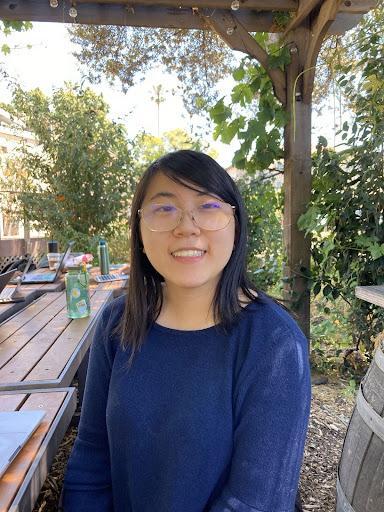Sarah Young Awarded Environmental Studies Research Award

This award is given to the senior Environmental Studies major who, in the judgment of the ESS faculty, has done the most outstanding work in environmental studies research at SCU and beyond.
The ESS faculty has awarded Sarah Young an Environmental Studies Research Award
Sarah has done outstanding work on two projects. She has researched and written training materials for the Sustainability and Justice Curriculum Development workshops offered by SCU's Environmental Justice & the Common Good Initiative and Center for Sustainability to faculty members and sustainability staff across the country each summer. Her major project was developing a guide to teaching the sustainability competencies identified by UNESCO and the Global Council for Science and the Environment (GCSE), including competencies such as strategic thinking, futures thinking, ethical thinking, and more. This project is in collaboration with the Scaling Up Sustainability Working Group of the Association for Advancement of Sustainability in Higher Education (AASHE) and was completed under the guidance of professor Chad Raphael (Communications). In addition, Sarah, along with Emma Young (ESS ‘24), Tatum Petti (ESS ‘24), Karina Martin (CESE ‘25) and Anna Krebs (CESE ‘25) won an Environmental Ethics fellowship from the Markkula Center for Applied Ethics to investigated the ethical dimensions of the 2023 Pajaro Valley levee failure. Pajaro Valley is a community south of Monterrey that was founded as a farm worker’s camp and has faced decades of neglect, including levee maintenance. The team interviewed Pajaro Valley residents about their experiences, and translated, coded, and analyzed these interviews, along with research on ethical and environmental justice frameworks and spatial analysis. Sarah and her teammates, under the guidance of Professors Iris Stewart-Frey (ESS) and Rocio Lilen Segura (CESE), and ethics center Director David DeCosse developed a new framework that proposes to include ethical and environmental justice dimensions into risk assessments for the many disadvantaged communities behind levees in California.